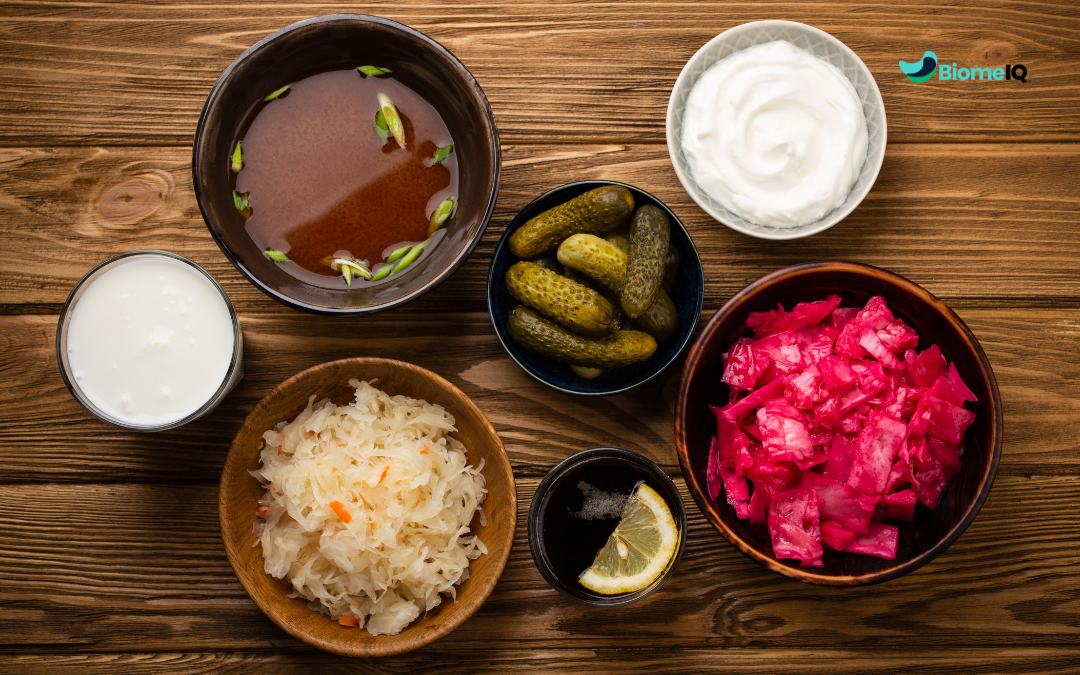It’s no secret that our gut plays a vital role in our overall health and well-being. However, recent research has shown that the connection between our gut and brain goes even deeper than we previously thought. In fact, there is a complex and intricate relationship between the two, known as the brain-gut connection. In this article, we will explore the brain-gut connection, how it affects our health, and what we can do to support it.
What is the Brain-Gut Connection?
The brain-gut connection refers to the communication network between our central nervous system (CNS) and enteric nervous system (ENS), which is located in our digestive tract. The CNS is responsible for regulating our brain and spinal cord, while the ENS controls our gut function. These two systems are connected via the vagus nerve, which transmits signals from the gut to the brain and vice versa.
How Does the Brain-Gut Connection Affect Our Health?
The brain-gut connection plays a significant role in our overall health, including our mood, behavior, and cognitive function. Studies have shown that an imbalance in gut microbiota, the community of microorganisms that live in our gut, can lead to various health conditions such as anxiety, depression, and even neurological disorders.
One study published in the journal Frontiers in Microbiology found that there is a bidirectional relationship between our gut microbiota and our brain function. In other words, an unhealthy gut can lead to poor brain function, and vice versa. The study also found that certain types of gut bacteria produce neurotransmitters, such as serotonin and dopamine, which are essential for regulating our mood and behavior.
Another study published in the journal Cell Reports found that gut bacteria can affect the integrity of the blood-brain barrier (BBB), a protective barrier that prevents harmful substances from entering the brain. The study found that a disruption in gut microbiota can lead to a leaky BBB, which can result in inflammation and other neurological disorders.
What Can We Do to Support the Brain-Gut Connection?
Supporting the brain-gut connection is essential for maintaining our overall health and well-being. Here are some tips on how to support your gut health and improve brain function:
- Eat a Healthy Diet: A healthy diet is essential for maintaining a healthy gut microbiome. Eating a diet rich in fiber, fruits, vegetables, and fermented foods can promote the growth of beneficial gut bacteria.
- Exercise Regularly: Regular exercise has been shown to improve gut health and promote the growth of beneficial gut bacteria.
- Manage Stress: Stress can have a significant impact on our gut health. Managing stress through techniques such as meditation, deep breathing, and yoga can help support the brain-gut connection.
- Take Probiotics: Probiotics are live bacteria that can help promote a healthy gut microbiome. Taking probiotic supplements or consuming probiotic-rich foods such as yogurt and kefir can help support the brain-gut connection. Be sure to speak to your provider before starting probiotics.
- Seek Professional Help: If you are experiencing symptoms of gut or neurological disorders, seek professional help from a healthcare provider. They can help diagnose and treat any underlying conditions that may be affecting your brain-gut connection.
The brain-gut connection is a complex and intricate relationship that plays a significant role in our overall health and well-being. Supporting our gut health through diet, exercise, stress management, probiotics, and seeking professional help when needed can help promote a healthy brain-gut connection.
Interested in learning more about your gut health? BiomeIQ™ is coming soon. Sign up to receive updates! Newsletter Sign Up
Sources:
- Mayer, E. A. (2011). Gut feelings: the emerging biology of gut-brain communication. Nature Reviews Neuroscience, 12(8), 453-466.
- Cryan, J. F., & Dinan, T. G. (2012). Mind-altering microorganisms: the impact of the gut microbiota on brain and behaviour. Nature Reviews Neuroscience, 13(10), 701-712.
- Braniste, V., Al-Asmakh, M., Kowal, C., Anuar, F., Abbaspour, A., Tóth, M., … & Bulteau-Pignoux, L. (2014). The gut microbiota influences blood-brain barrier permeability in mice. Science translational medicine, 6(263), 263ra158.
- Harvard Health Publishing. (2021). The gut-brain connection. Retrieved from https://www.health.harvard.edu/diseases-and-conditions/the-gut-brain-connection
- Johns Hopkins Medicine. (2021). The brain-gut connection. Retrieved from https://www.hopkinsmedicine.org/health/wellness-and-prevention/the-brain-gut-connection







